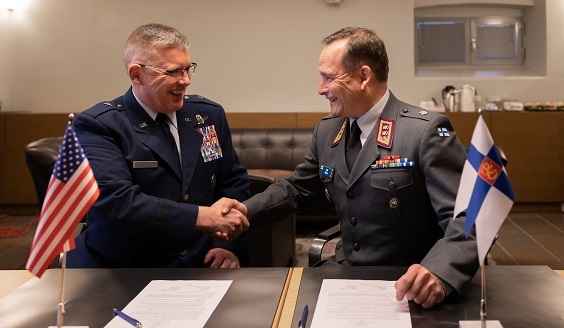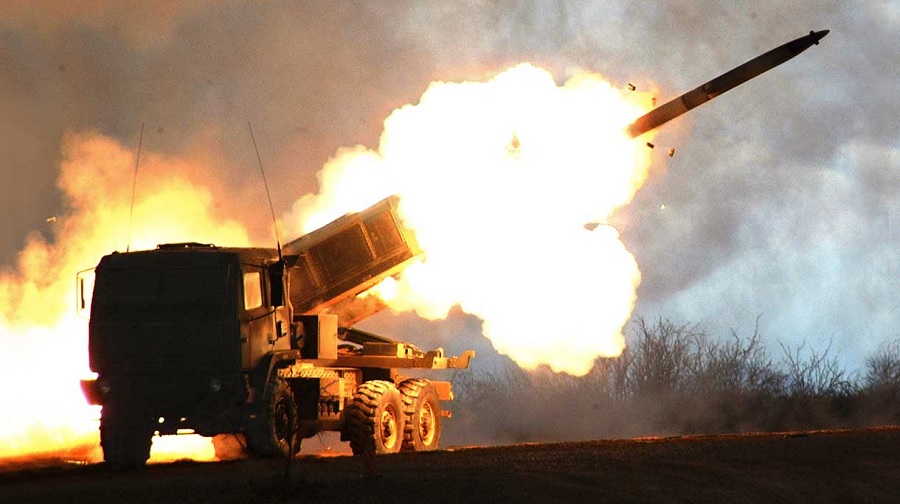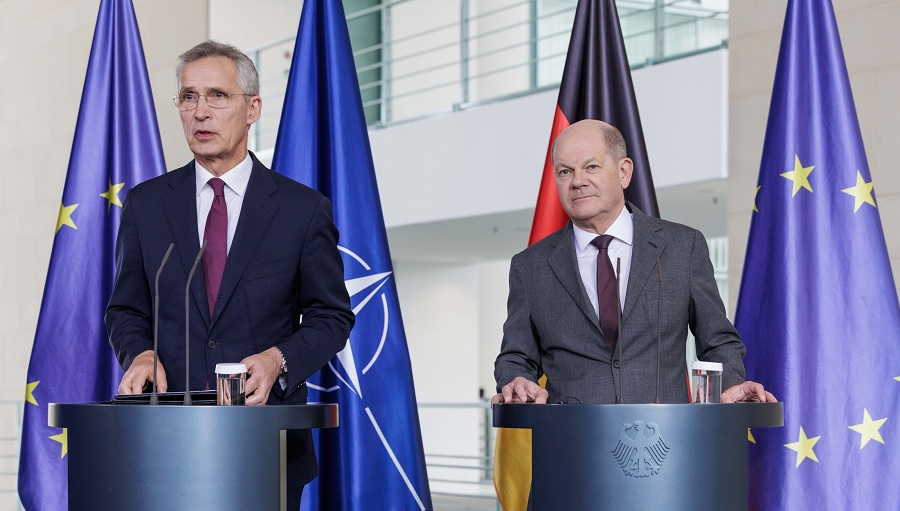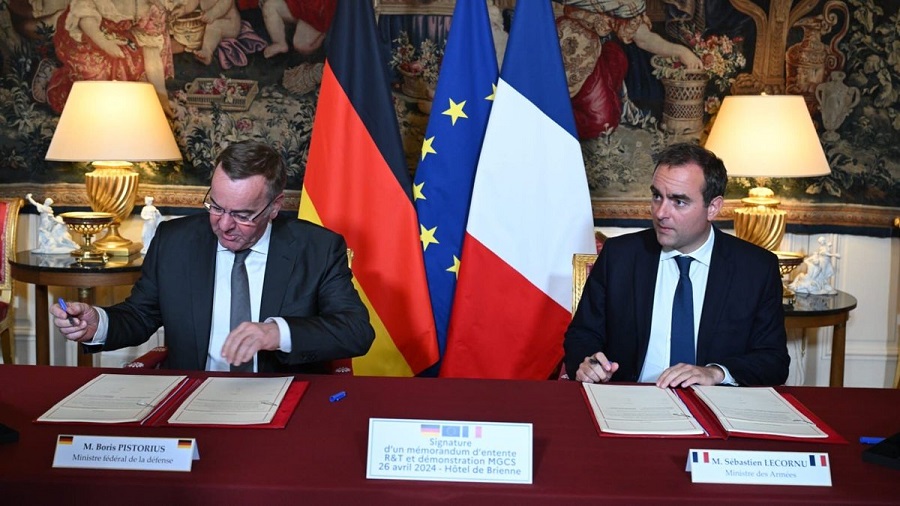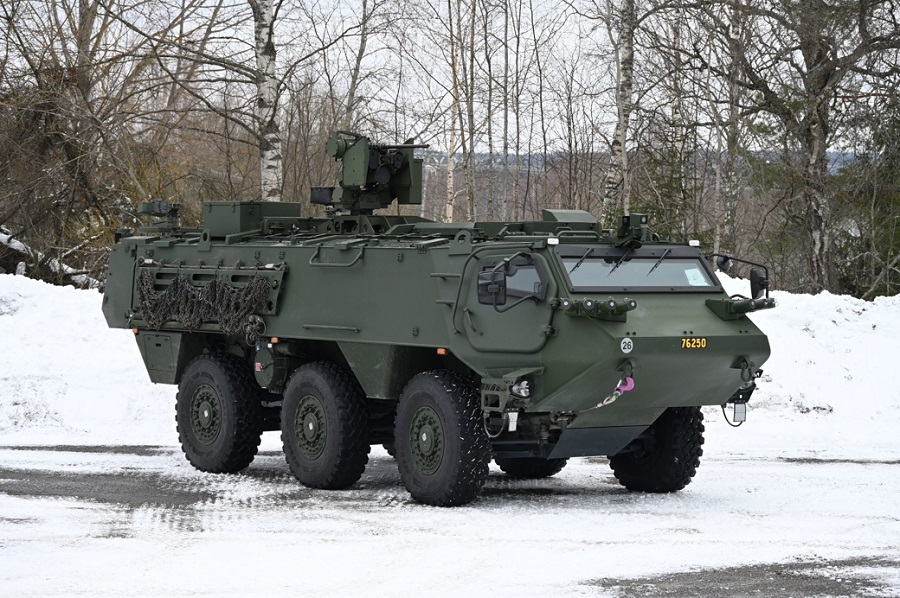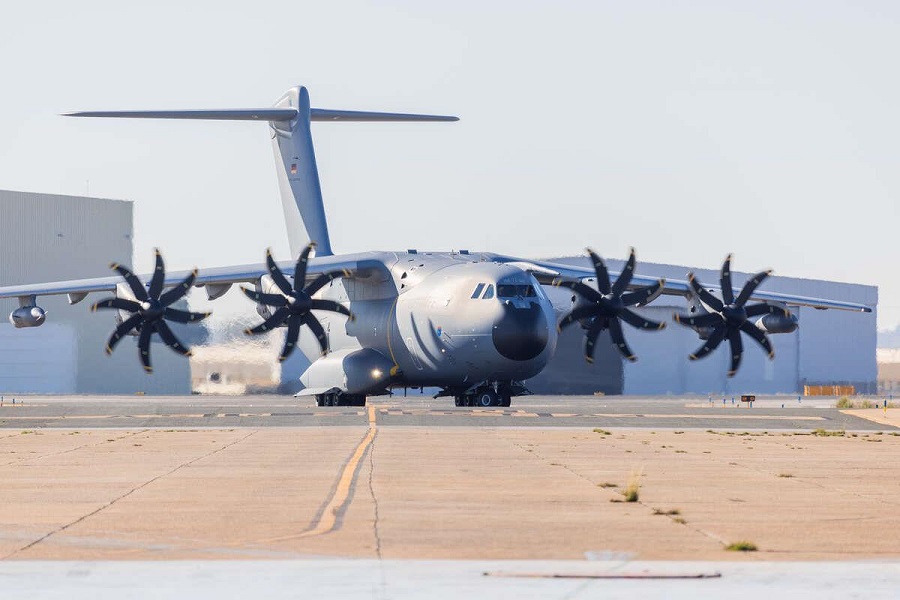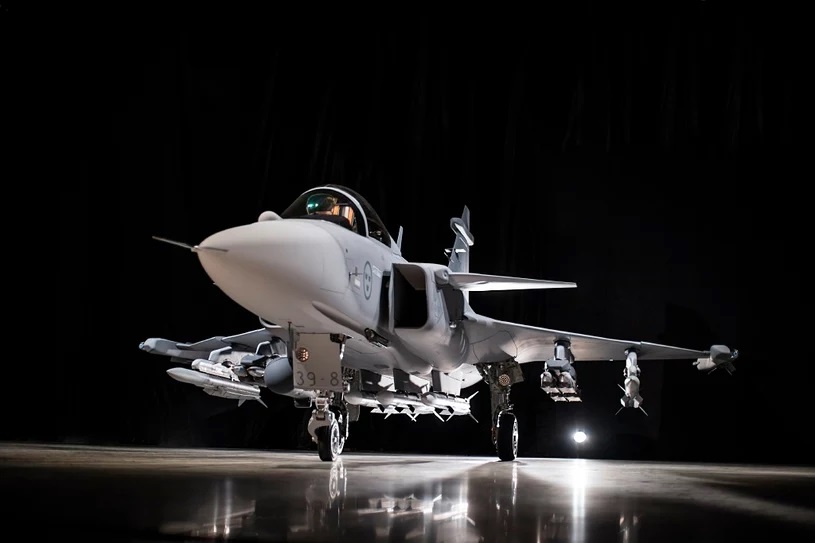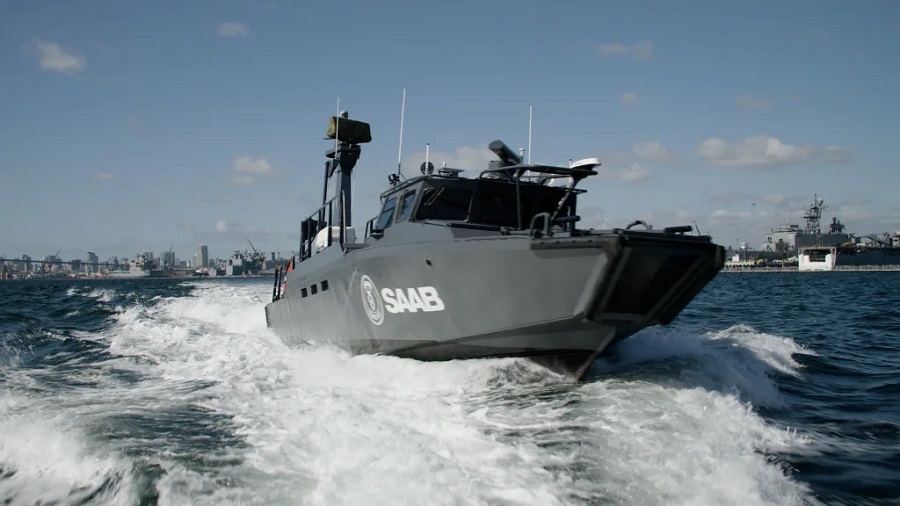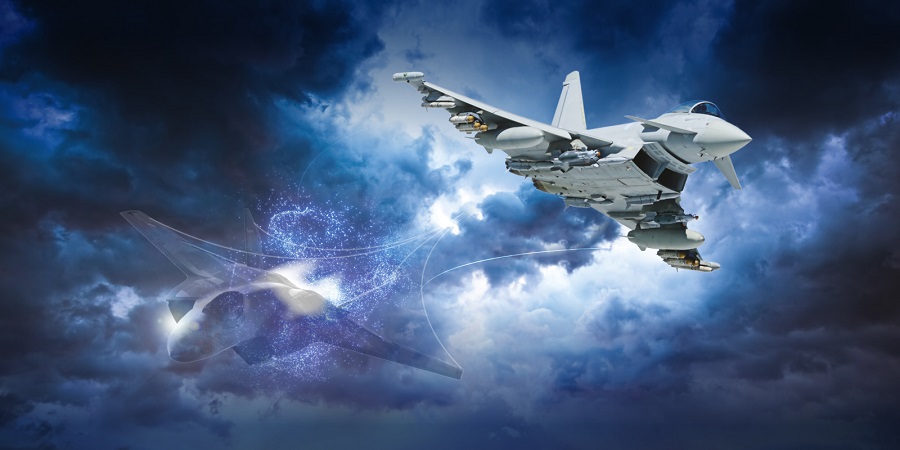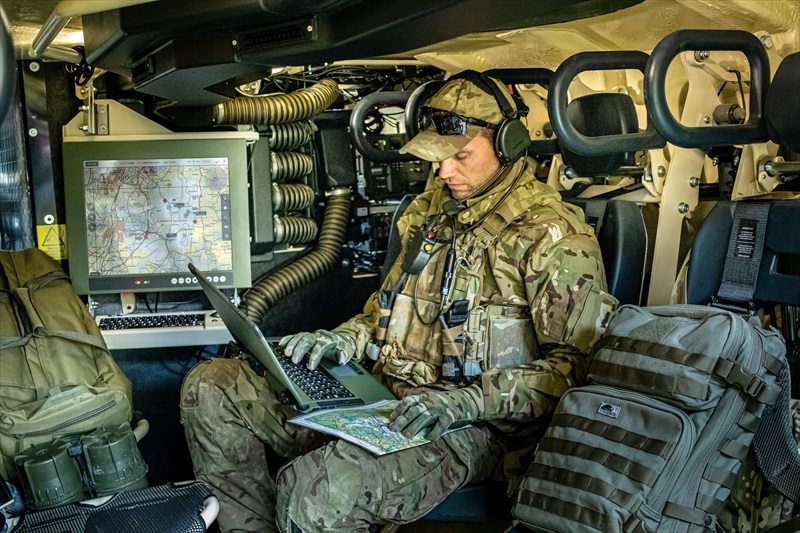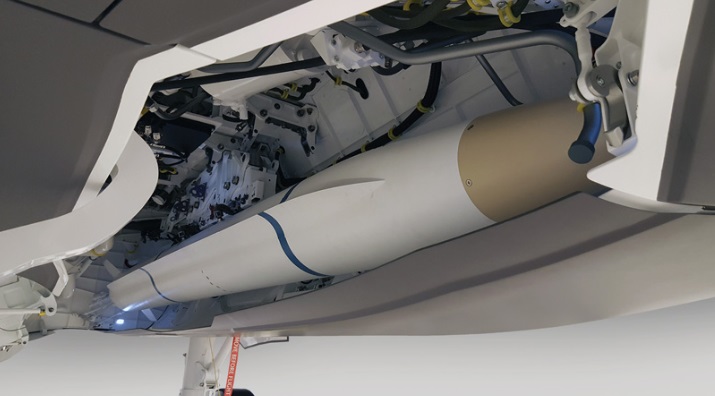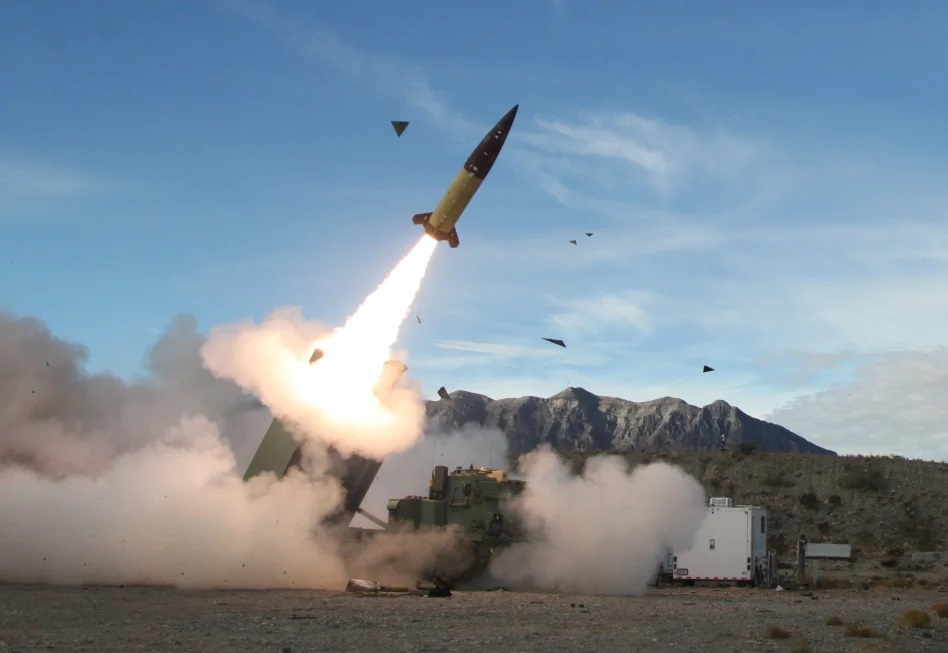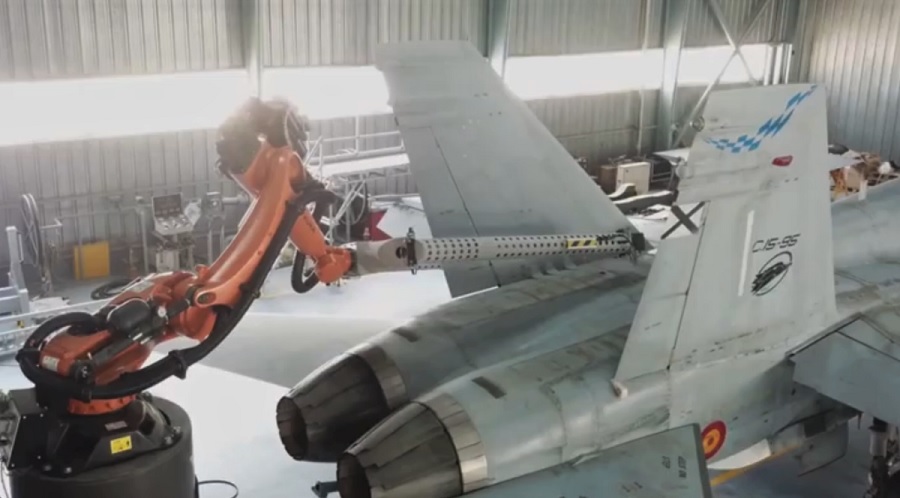International cooperation is vital in the global cyber operating environment. The Finnish Defence Forces participates actively in international cooperation and exercises according to National Cyber Security Strategy and its own action plan. The cooperation is done both multilaterally and bilaterally.
The United States is a close bilateral partner to Finland, and today also an ally. The countries signed a Defence Cooperation Agreement (DCA) in December 2023, which further deepens the partnership between their militaries, and enables deepening cooperation in all security situations. Defence cooperation with the United States has already continued for decades and we have also conducted planning and trained in combating cyber threats together for a number of years.
The Letter of Intent is based on a shared vision on developing cyber defence in order to respond to the increased threats of today’s world. It facilitates cooperation in five lines of effort, which are: policy; interoperability; training; capability development and cyber operations. Consistently improving cooperation in these areas will enable an even more advanced partnership between Finland and the United States.
The Finnish Defence Forces Deputy Chief of Staff Operations, Major General Kari Nisula and the Deputy Director of United States European Command Plans and Operations Directorate, Brigadier General James D. Cleet emphasized the importance of international cooperation in cyber defence and the prevailing security environment.
“Cyber threats do not respect traditional national borders and that is why you need international partners in building security. Cooperation with the United States definitely strengthens Finland’s defence capability in this domain and builds a solid foundation for effective combined cyber defence. We are very satisfied with this Letter of Intent with USEUCOM,” said Major General Nisula.
“The European theater faces increasingly aggressive near-peer competitors and a much-expanded hybrid threat environment, posing significant risks to the Alliance. With our NATO Allies and partners – notably, Finland – we must be resilient and able to resist and recover from attacks in the cyberspace domain. This is necessary to prevent adversaries from degrading critical systems and networks we share and depend on,” continued Brigadier General Cleet.


